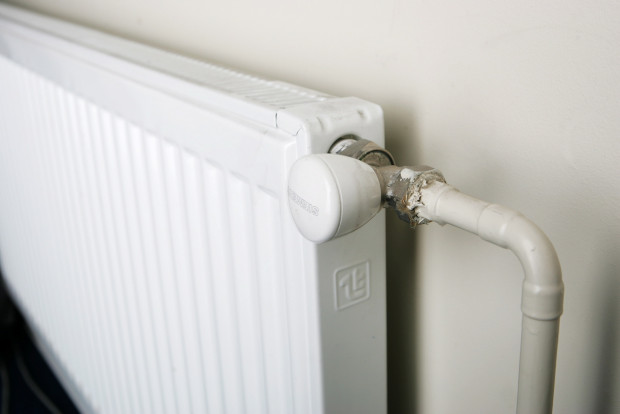
We have just experienced the largest frost in the last two years – it is good that we were able to warm our economy at the same time, because we have entrepreneurs who can produce the necessary heat from local renewable energy sources – greener and cheaper, admits Mārtiņš Pelšs, board member of SIA Agro Iecava & SIA AD Biogāze station.
Our SIA Agro Iecava biogas station is located in Iecava with its 5700 inhabitants. We fully meet the heat energy needs of the municipality for most of the year. We sell the heat produced from biogas cogeneration units to the city of Iecava, which is on average at least 25% cheaper than SIA Iecavas Siltums can produce in its natural gas boilers.
“Currently, the heat energy tariff approved in Iecava is 51.57 EUR / MWh lower than in the neighboring Bauska or Jelgava and is generally one of the lowest in Latvia, however, by making unreasonable changes in the Cabinet of Ministers regulations No. 560, it would become one of the highest.”
An increase in heat tariffs would be just one of the disadvantages of closing our renewable energy sector. This energy shortage in the state balance would be easily and quickly replaced by natural gas – those are 5 million euros, which flows out of the Latvian economy every week. In another of our biogas stations near the Belarusian border – SIA AD Biogas station is just a newly opened factory for the export of firewood. Together, we have invested EUR 1.5 million to meet the requirements introduced last year. The factory employs 30 people at the border, who will lose their job without even working for half a year because of the government changing the rules of the game again. This kind of attitude is seen by both foreign and domestic investors. What confidence can they have that investing in this country they will ever be able to regain something? Where does empty promises disappear to strengthen the economy in regions?
We are a member of the European Union, but in the field of renewable energy, we are definitely rowing in the opposite direction. It is not a big deal that years from now, waves of sanctions because of outstanding requirements will follow from the EU about GHG emission reduction requirements, the share of renewable energy sources, organic waste recycling, etc. If politicians are unable to open their eyes and stop arguing about decisions made in the past, it will not be followed by a flood of water, but what will happen is another wave of human emigration; sewage sludge will again accumulate in piles and slurry will flow into rivers.
We agree that the state has every right to check and monitor that the energy is indeed produced from renewable energy sources and used for its intended purpose, which also receives aid, but it cannot happen that we are accused of overcompensation, over-subsidization, etc. and the producer cannot submitting his actual financial data, but using calculators compiled by a little-known consultant. Consequently, the industry ordered KPMG to independently determine the validity of this calculation. The results of the study were not flattering to the Ministry of Economics – the benchmarks used in the calculations do not correspond to the reality of the industry and artificially inflate the industry’s profit, creating the illusion of overcompensation. The change of attitude in communication from the Ministry of Economics is commended in recent weeks, which gives hope that we will be able to end the heating season.
